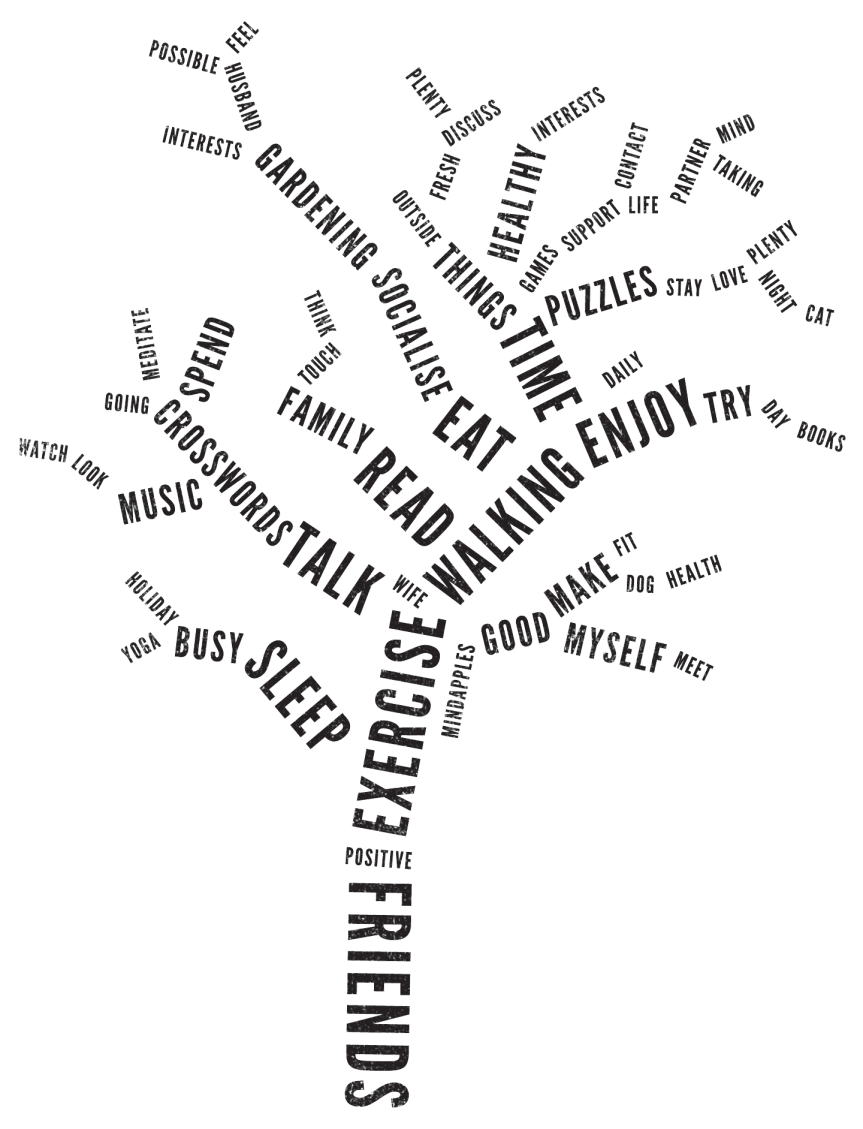
Alain de Botton’s new book, The Pleasures and Sorrows of Work, is out today, which has got me thinking about work again.
Mental health in the workplace, and particularly its relationship to our sense of self and personal happiness, has been of great interest to me ever since I suffered stress-related illness a few years ago. It’s one of the main reasons I started Mindapples, and I’m very interested in applying the five-a-day concept in organisations to make mental wellbeing a mainstream part of our work as employees and employers.
One of my five-a-day is doing something I’m good at, so my work is very important to me – but sometimes it can be stressful and depressing, and I sometimes think I do far too much to be healthy. I twittered earlier today that I had to go into the office and do some Work, and I got a lovely reply from a guy in Edinburgh saying “i suspect you would be of better service doing more play, from the little i have seen of your contributions, you have a fresh mind” So maybe work isn’t actually what I’m good at? Maybe I should be playing more?
Curmudgeonly poet-librarian Philip Larkin once asked “Why should I let the the toad work Squat on my life?”, but later in life he returned to the same theme far more fearful about becoming someone who isn’t well enough to work:
Think of being them,
Turning over their failures
By some bed of lobelias,
Nowhere to go but indoors,
Nor friends but empty chairs –No, give me my in-tray,
My loaf-haired secretary,
My shall-I-keep-the-call-in-Sir:
What else can I answer,When the lights come on at four
At the end of another year?
Give me your arm, old toad;
Help me down Cemetery Road.
For Larkin, work is bad but not working is worse. I’m still not sure. Is work good for us? And if it isn’t, why does the absence of work make so many of us feel useless and depressed? For my part, if I were to lose all my paid work, I hope I would remember that I can still do things I’m good at without getting paid for them – like developing Mindapples, and helping friends talk through their problems. As the recession bites and more of us start to face a world without work, how can we all become more resilient in a world where we can’t rely on our work to make us feel useful or secure?
So how does working, or not working, affect your mental health? And how can we change our relationship with our work so we get what we need from it, and remember that we are still useful, beautiful and whole with or without a job?
